My Spending Habits as an Uprooted Minimalist

Having a minimalist lifestyle is not restrictive but rather liberating for me. I don’t have to worry about the necessity of accumulating stuff just because I’m “supposed” according to some weird societal norms.
And now that I’m constantly uprooted, minimalism helps me reduce stress and crystalize my priorities.
I heard somewhere that our wallet reflects our personality. It’s so true!
I will share with you my minimalist spending habits as an uprooted minimalist. I will also share some frustrations and important realizations about how minimalists spend money.
1. The biggest expense
My husband and I are still in Serbia on our year visa that is also coming to an end.
Most of our budget went to all things related to the bureaucracy of this venture. This also includes currency fluctuations, fees for non-residents, and more. We also heavily rely on technology and those associated costs while we are uprooted.
We have come to the realization that living uprooted like a tourist in other countries is actually less expensive and less nerve-wracking than trying to legalize in a country. There’s a price you have to pay for feeling rooted and stable somewhere.
2. Meaningful spending
We spend money on things that can be very transformative. I never stop spending money on my art and craft supplies, courses, and tutorials.
The process of learning and becoming inspired never stops. The power to create never stops, even if it’s just to make a card, hat, short story, or collage.
Someone asked me if all the things I make create clutter. To me, these items are not clutter, they are my story.
Though it may sound contradictory to be a minimalist and have half of my suitcase filled with supplies and craft items, I have to think about the following lines by Walt Whitman: “Do I contradict myself? Very well then I contradict myself. I am large, I contain multitudes.”
I spend more money on ebooks now. I don’t really have any access to free public libraries now so ebooks have revived my habit of passionate reading, which has been a great way for me to manage stress and anxiety.
Another way we practice meaningful spending is to make tangible gifts for one another. We always make sure it’s something that we really need and will definitely love and use.
Though the gifts we give to each other may seem simple and mundane, yet they are very important to us because they create a special feeling.
I no longer spend money on expensive skin or hair care. I simplified my beauty routine down to the basics and I discovered that mass market products are just fine. Sometimes my hair and skin look and feel better than when I used expensive products.
The foundation of minimalism is balance. If one area of my life requires more investment I try to find ways to reduce spending in other areas. It’s a constant search for optimal equilibrium.
In spite of all the challenges, I still find this process exciting. It’s like a game to figure out how I can make my life better with the resources that I happen to have at the moment.
3. How I saved my savings
Here’s a story on how I managed to save my savings and secure our emergency plan. Everything started in 2020. I was living in Siberia, taking care of my father, and waiting for the moment when my husband and I could reunite after the pandemic. I was trying to save every penny that I could.
Back then I knew it was important to keep one’s savings in three different currencies, at least–in domestic currency, in U.S. dollars, and in euros. That’s what I did–except for euros. I kept it in domestic currency and U.S. dollars. The U.S. dollars seemed like the safest place to keep money back then when there was no war and no sanctions.
I listened to one political expert and he warned not to trust banks and to keep savings in cash because the situation would drastically change. I am a financial pessimist overall and I try to have at least a little bit of a safety net at all times. Despite everyone telling me not to do it, I liquidated my accounts and had cash stashed in my apartment.
As time went on, I began to think this was a mistake and that I should put the money back into the bank. Then the war began in 2022 and we began to build our emergency plan which was easier since I had the bulk of my money with me. This was all happening as people in my country were trying to get their money back from the banks.
4. Takeaways
My main takeaways from the situation: I don’t trust the system and I don’t think it will change. I am not pro or anti-capitalist. I cannot say I am pro or anti-socialist.
I’ve existed in both systems and my experience was not great in either of them. I do see how institutions are greedy and take advantage of people, though. No one will take care of us if we don’t take care of ourselves first. It’s a harsh realization.
Minimalist spending
I’m ending here on an optimistic note. No matter the struggles or challenges we all have, remember that money is not the ultimate goal. It’s just a tool to let us live by our values and to reach our dreams. I wish for all of us to have enough material means to follow our dreams, even if you are practicing minimalist spending, like me.
Let me know in the comments your experiences and thoughts about spending money and what personal principles guide you in your spending.
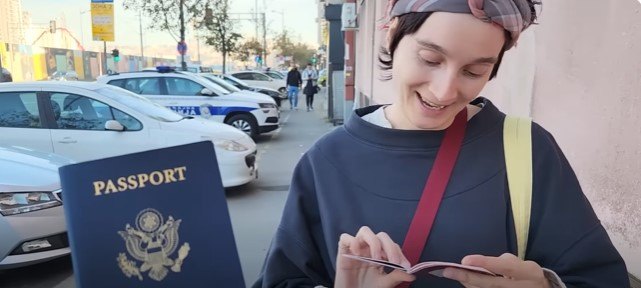




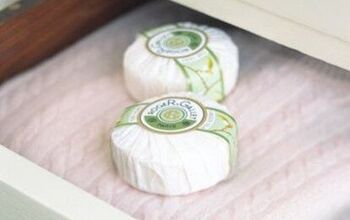
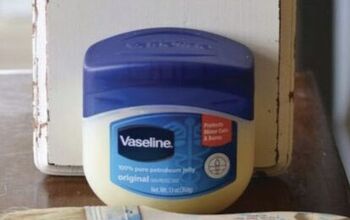
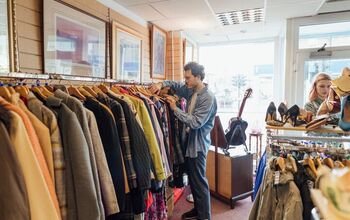
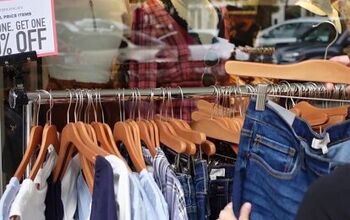
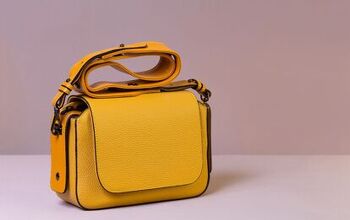


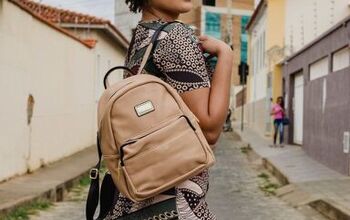
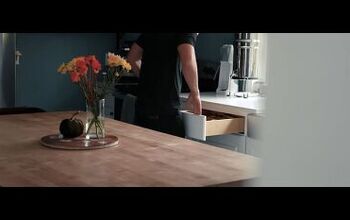

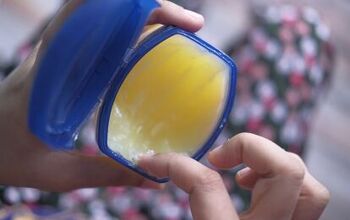
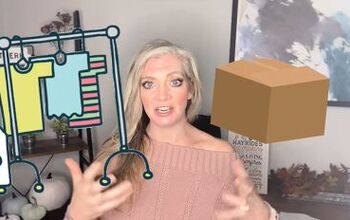
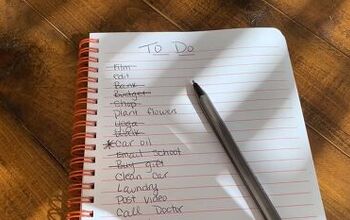
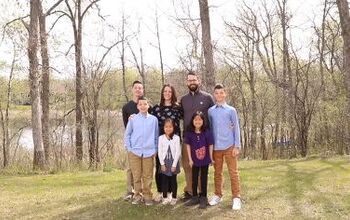
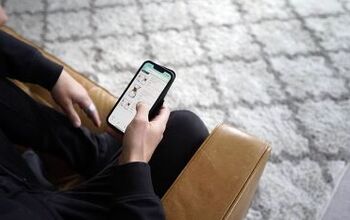



Comments
Join the conversation